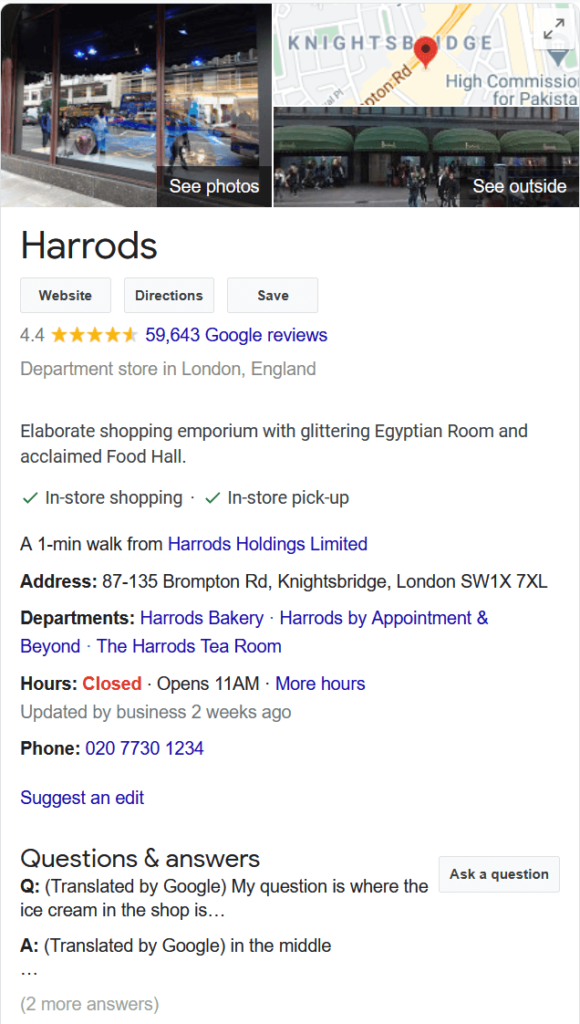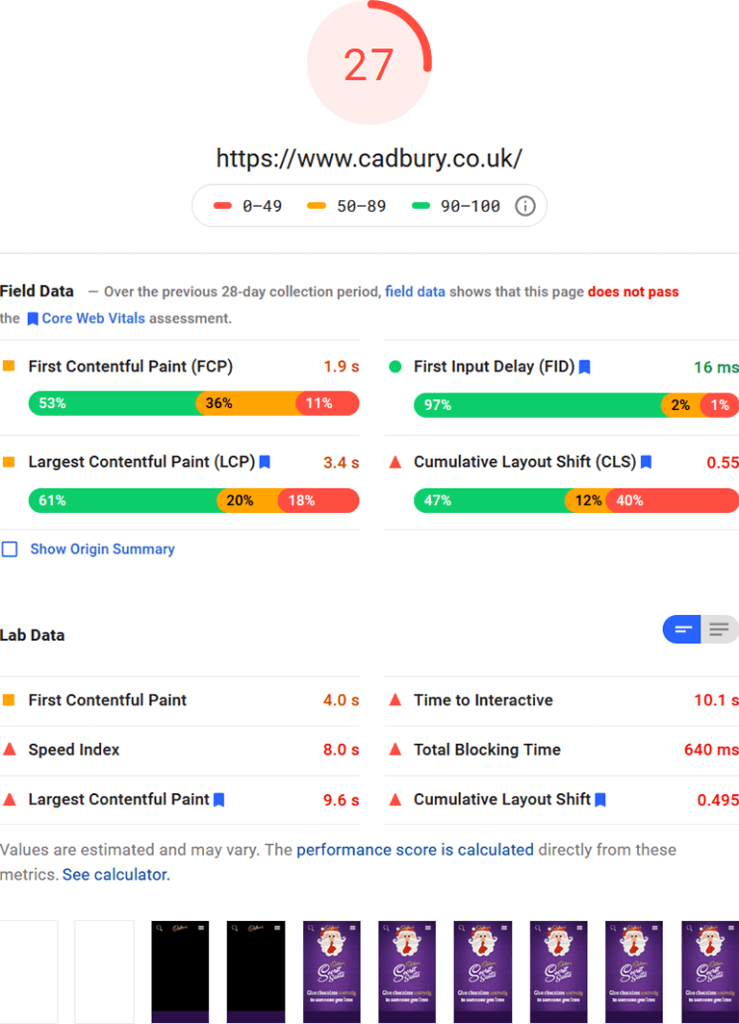People browse the World Wide Web to get all sorts of information. As you are no doubt well aware, one of the easiest ways to get information is by using Google. By using this search engine, Internet users can collect specific information in a matter of seconds. On the other hand, e-business owners and Internet marketers use Google for boosting their profits.
The tools that follow will help you with search engine optimization. However, before you start, you need to understand some things first. Your starting point is your prospects. What exactly are your prospects searching for on search engines? Knowing their wishes and the search phrases that reflect them is a starting point for using Google SEO tools effectively.
The following is a list of tools that can be used to boost your SEO efforts. However, it’s important to get the basics right first. If you’re new to SEO check out some of our other blog posts such as Attracting Targeted Visitors, How to Implement Keywords for Search Engine Optimization, and SEO Starter Guide.
If you’re comfortable in the world of marketing and are looking to add some new tools to your arsenal, then jump right in!
Google My Business
It is absolutely crucial for businesses to have a presence on Google so that when a customer needs to find out more about a business, they can find it in an instant. At Fat Fish Marketing, we will set up and establish your business’s Google My Business profile, giving your customers the opportunity to contact you directly through Google.
Google My Business listings are a critical part of Local SEO and effective citation building. When people are looking for local and immediately available services, they will favour search results that give them a lot of information. When comparing local SEO vs global SEO, these listings are usually less important to global SEO.

Google Chrome Extensions
Work smarter, not harder.
There are a wide variety of extensions that you can add to your browser that will help your SEO efforts on the go. Using extensions that are built for giving you SEO insights and tracking certain metrics can help you to improve your SEO.
SEO extensions that can enable you to:
- Easily perform competitive analysis
- Improve your webpages
- Do keyword research
- Build Links
- Improve On-Page SEO
Google Page Speed Insights
This is a great tool that you can use to analyse the page speed of your blogs. It does what it says on the tin. Offers page speed insights.

Page Speed is a ranking factor and so is an integral part of any SEO strategy. To provide a good user experience you need to get the very first step right. Your page needs to load quick enough that visitors don’t give up, ex out and bounce over to your competitor’s website.
Google Places
If you want to secure a consistent presence in the top positions in Local SERPs then you need to implement Local SEO best practices.
Google Maps offers a feature called Google Places, that allows you to pinpoint your business on the map. You can provide information from Google My Business that allows people browsing the map to view a pop-up containing images, contact information, reviews and ratings, a link to their website and more.
If for example, a holidaymaker is looking for an Italian restaurant near their holiday destination on Google Maps, and they see two options, one that has leveraged Google Places, and one that hasn’t, they are far more likely to visit the website or use the contact details of the restaurant that has made this information easily attainable.
It’s a great way to gain organic traffic and improve your brand awareness.
Schema.org
Schema.org is a markup language that Google, Bing, Yandex and Yahoo collaborated to create and use. On the Schema.org website, you can find standardised schema mark-ups to apply for almost any purpose on your website.
Schema Markup consists of elements in your HTML source code that make it easy for search engines to crawl, index and understand your content. Schema.org makes life easy for people designing websites as it means that each search engine will read and understand your source code in the same way.
Although not a direct ranking factor, using Schema Markup can greatly improve your SEO. Utilising Schema Markup will make crawling your website simple and straightforward for search engines. Also known as structured data, Schema Markup is a type of code that will tell Google what your data means and how to display it in the SERPs. This can result in your data being displayed as the Knowledge Graph in the SERPs – which looks much more attractive and sends the right message about your brand.

Google Structured Data Markup Helper
If the thought of implementing Schema Markup intimidates or overwhelms you, no worries, this tool has made marking up your website accessible to everyone.
Simply copy the URL of the website you would like to mark up into the tool and then highlight the pieces of content that match the elements of schema that the tool will suggest.
Google Structured Data Testing Tool
Another helpful tool that brings schema markup down to earth is Google’s Structured Data Testing Tool. Here you can enter the URL of any web page and it will return an analysis of what schema this page has used, as well as any errors or warnings from incorrectly implemented schema.
How does this help your SEO?
This tool offers you a chance to test the markup you have on your page to make sure that it’s doing its job and to check if search engines will encounter any problems while crawling your page. If there are errors in your schema it can have a detrimental impact on your rankings rather than a positive one.
Another great use of this tool is competitor analysis. You can check what schema industry leaders are using and implement them on your page too.
Google Search Console
Google Search Console is a user-friendly web service and a tricked out tool shed, that will fill your SEO toolbox with great gadgets for enhancing the visibility of your website and driving traffic to your site.
This diagnostics tool provides webmasters with a user-friendly way to make their website SEO ready.
It offers access to a whole range of tools that you can implement to help your website perform better and rank better:
- Identify what search queries led users to your webpage.
- Identify crawling errors.
- Analyse site impression, clicks and results position
- Submit sitemaps and URLs to make your website easier to crawl
Keyword Planner
If Google Planner is not already in your SEO toolbox then you need to add it in right away!
This tool is a staple in keyword research, keyword tracking, competitor analysis and so many aspects of targeted SEO Best Practices.
The tool allows you to analyse Google search results data right from the source. Here you can explore results from different keywords and analyse their performance. This will allow you to target the right audiences every time, driving targeted visitors to your site and boosting conversion rates!
Google Analytics
Google Analytics is a website activity analysis and data collection tool which provides detailed information from both a sales and SEO perspective.
If you want detailed insight into how Google Analytics works check out our Google Analytics Guide.
Providing data ranging from basic website traffic statistics to complex sales goal analysis, this free tool tracks and enhances your website’s sales performance. It includes information from related AdWords campaigns to provide a comprehensive insight into trends and determinants of website performance.
You can identify pain points in your user experience and track your high converting pages so that you can recreate positive aspects and fix negative aspects on every page with the insights you’ve gained.
If you still don’t have your Google Analytics account set-up or would like to refresh your knowledge read our Google Analytics for Beginners guide.
Google Trends
Successful marketing campaigns are founded on data and market research.
SEO is all about getting your content in front of the right people. And the best way to do that is to provide the type of content they want to see. Google trends will provide data analysis, in the form of graphs, on the popularity of specific search terms used on Google.
Google Trends can consistently give you new insight into how your target market’s search behaviour changes over time. It can provide daily and weekly reports on the volume of Google queries, this means you can track the popularity of your keywords in great detail.
Using this tool can improve your Local SEO too, as it offers geographically based search data as well as industry-specific topics and subtopics.
Google Trends can help you with:
- Keyword Research
- Finding keywords related to your keywords
- Finding new related topics for new content
- Finding local keyword trends
Google Alerts
Google Alerts are basically flags that website owners can set up to alert them when a certain keyword has been mentioned somewhere on the World Wide Web. You will receive e-mail updates of the latest relevant results based on the keywords you set up in your notification.
Using Google Alerts in the right way can actually provide a really helpful way to build links. As the biggest search engine in the world, Google has access to a huge database of web pages. A much bigger database than any other SEO or link building tool can provide.
By setting up Alerts on your keywords you can tap into that font of information. Depending on how you set up your alerts then you will receive a list of all the new web pages that mention your keywords, and then it’s up to you to assess if this is a possible link building opportunity and to reach out accordingly.
For example, you can set up an alert for your domain name and brand name, and then if anyone ever mentions your business you can reach out to them to initiate a backlink.
Effective search engine optimization requires lifelong learning. The industry is constantly in flux and to stay competitive you need to be constantly learning new skills and new ways to stand out.
Instant improvements are possible, but these free tools are effective only if correctly configured and deployed. Just keep in mind, beyond these twelve Google SEO tools, there are really fantastic learning resources all across the Web.





















